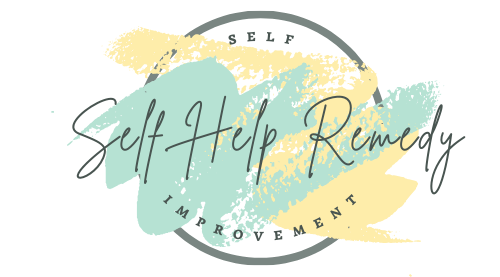Main Causes For Eating Disorders
Eating disorders are complex mental health conditions that significantly affect an individual’s eating habits and overall relationship with food. Unfortunately, they often go beyond dietary choices or lifestyle preferences and typically signal deeper psychological issues.
The most recognized eating disorders are anorexia nervosa, bulimia nervosa, and binge eating disorder. Each disorder involves unique patterns of behavior such as an extreme restriction of food intake, purging after eating, or episodes of excessive overeating.
It is crucial to understand that at the core of many eating disorders lie issues of control, perfectionism, and self-esteem. Individuals often use food and eating habits to exert control over their lives or to cope with emotional distress. Perfectionism can drive some people to meet unrealistic standards, often imposed by themselves, represented by a ‘perfect’ body or control over diet and exercise.
Distinguishing between eating disorders and disordered eating is vital. Disordered eating includes a range of irregular eating behaviors that may or may not warrant a diagnosis of a specific eating disorder. It is a warning sign that should not be ignored.
Being aware of the warning signs is the first step towards seeking help. Symptoms like obsessive calorie counting, fear of gaining weight, and severe food restriction should trigger concern. If you or someone you care about exhibits such behaviors, it may be time to consult a health professional.
While personal psychological factors play a significant role, societal and cultural influences cannot be discounted. These external triggers are often as influential as the internal ones.
Societal and Cultural Influences: The External Triggers
You might wonder how society can possibly influence something as personal as eating habits. Well, the truth is that our environments often echo loudly in the chambers of our self-image and can dictate the rhythm of our daily choices. Let’s look at the most vivid examples.
First, let’s talk media. The portrayal of body image in movies, TV shows, and magazines frequently sets unrealistic standards for what is considered attractive. These skewed ideals can push individuals toward the relentless pursuit of thinness, often at the cost of their health.
Now, consider the explosive growth of social media. Platforms like Instagram, where users often present highly curated versions of their lives, cannot be ignored. The constant barrage of ‘perfect’ body images can severely distort personal body image perceptions, particularly among impressionable young audiences.
Don’t overlook cultural beauty standards either. Various cultures celebrate different body types, but almost all have an ‘ideal’ that can be both unattainable and dangerous. The desire to fit these molds can lead individuals down the path of dangerous eating behaviors.
Lastly, there is the significant influence of peer pressure and family attitudes. Comments from friends and family, however benign their intent, can amplify insecurities about body size and shape. Such feedback can inadvertently reinforce negative eating patterns that spiral into full-fledged eating disorders.
Navigating the Complexities: Individual Influences and Recovery
Eating disorders are not choices, but complex conditions shaped by a tapestry of factors. I am here to unpack the individual influences that intertwine with biological and psychological elements to affect eating behaviors.
Research has uncovered a genetic link to eating disorders, indicating they may run in families. This is not a sentence to inevitability but a call to be vigilant about early signs and proactive with support.
Our bodies also play a role through the delicate balance of neurotransmitters and hormones that influence appetite and mood. It explains why treatment is not about sheer willpower; it is a multidisciplinary battle requiring medical, psychological, and nutritional expertise.
Traumatic life events can be a strong trigger. Trauma, whether it be emotional, physical, or sexual abuse, can lead individuals to seek control through their eating habits, often spiraling into an eating disorder.
Mental health cannot be overlooked. Eating disorders often coexist with conditions like depression, anxiety, and obsessive-compulsive disorder. Addressing these simultaneously is crucial for holistic recovery.
I want to emphasize that recovery is possible. It is a journey that involves understanding the roots of the disorder, professional help, and a supportive network. REACH OUT if you are struggling—your feelings are valid, and help is within reach.
As we acknowledge these complexities, let’s foster communities that promote mental health awareness, body positivity, and accessible care. By doing so, we can create environments where individuals feel understood and supported in their journey to recovery.



